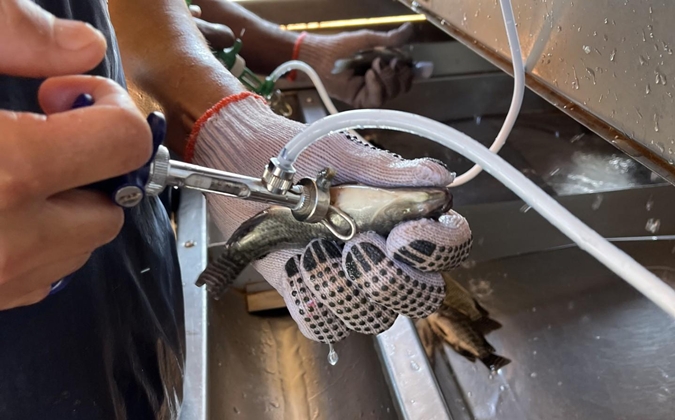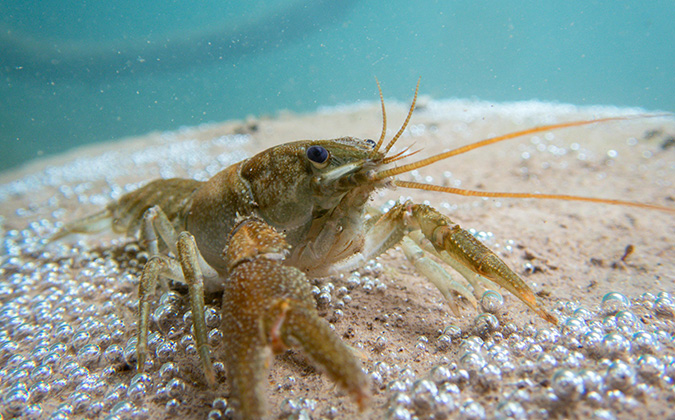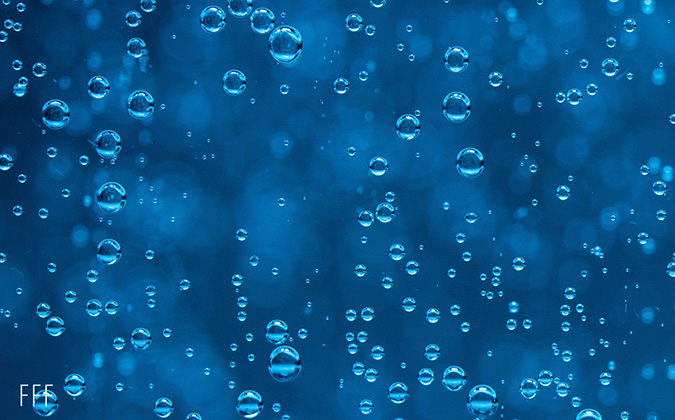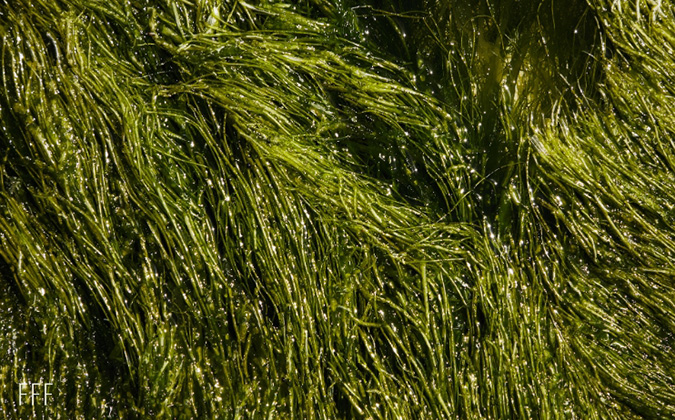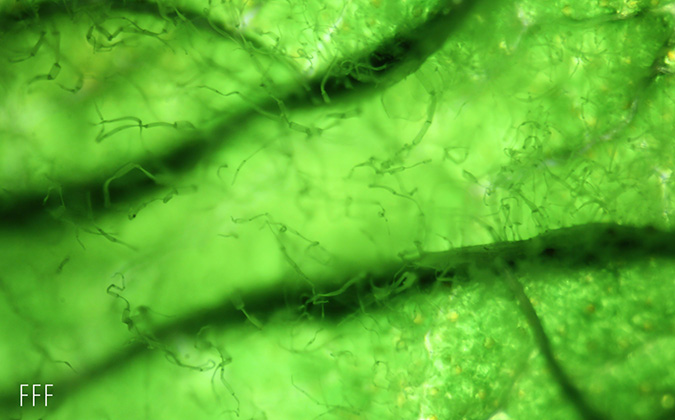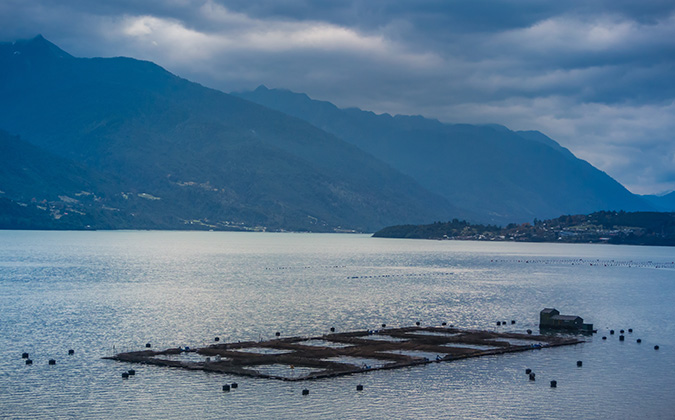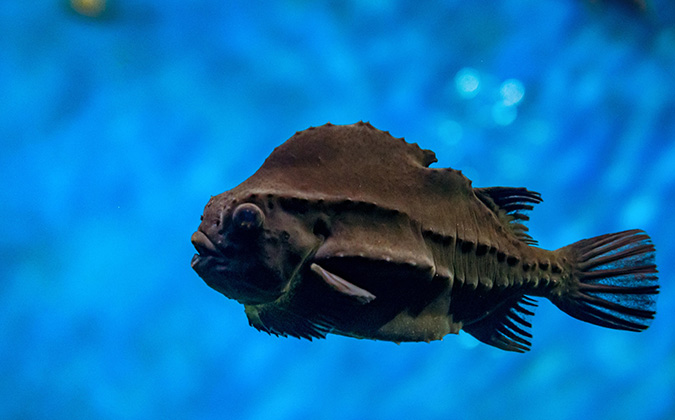
Research highlights ways to improve the lives of cleaner-fish species
The welfare of lumpfish used in biological control of sea lice significantly worsens after they are moved to cages at sea, while for wrasse, challenges in nurseries are causing problems before sea transfer.
Scientists behind the findings carried out a 3-year study in Norway, looking at the welfare of the cleaner fish, which are commonly used on salmon farms. They measured damage to fish using operational welfare indicators, while also weighing fish, counting sea lice in their stomach contents and monitoring a number of production and environmental parameters.
Mechanical delousing threat
They found that mechanical delousing was the most important factor in the decline in lumpfish welfare — and this hit to welfare also negatively affected cleaning efficacy, Lauris Boissonnot, PhD, research and development coordinator for Aqua Kompetanse AS, explained to an audience at the Aquaculture Europe conference.
Wrasse welfare improved once they were moved to sea, she said, but was also affected by handling. Additionally, feeding protocols on sites seemed to be inadequate to provide them with sufficient nutrition.
Cleaner fish are prone to infection from pathogens, she continued; however, this commonly occurs after the fish have already been exposed to stressors in their environment.
Accurate monitoring crucial
On the back of the work, Boissonnot and her team are calling for a change in the way cleaner-fish welfare is monitored, moving from average values to a weighted sum which leads to an overall welfare score. This better accounts for both minor and more major injuries seen on sites, she explained.
“Control over cleaner-fish welfare and lice-grazing efficiency can be achieved by introducing routine monitoring. This will make it possible to identify reduced welfare early and thus implement preventative measures,” she said.
Such measures should include not using lumpfish in net pens in summer, when water temperatures are highest and mechanical delousing likely to be carried out, she stressed. Before being introduced to production settings in the open sea, the early life stages of cleaner fish also need closer attention.
“It’s very important that cleaner fish coming out of nurseries are robust enough to face numerous challenges in their lives,” she added.
Posted on: December 19, 2022

